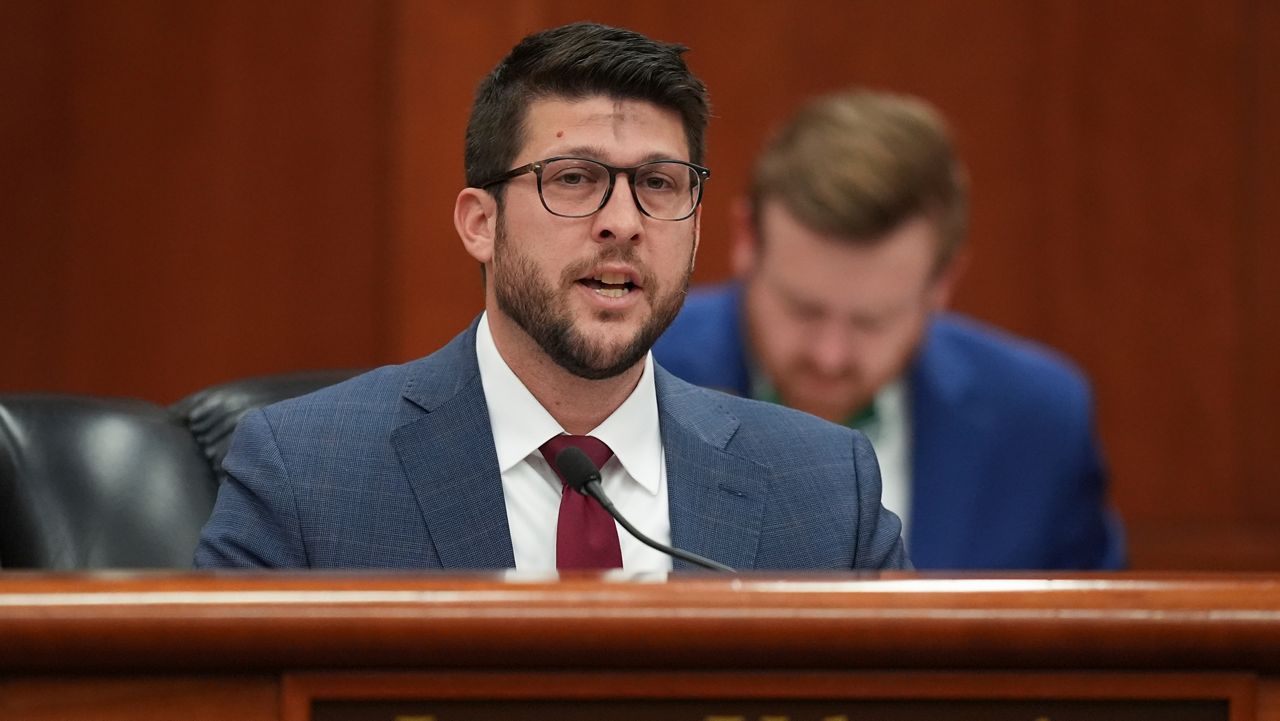Florida lawmakers reject a bill to allow concealed weapons on college campuses, and federal intel officials pressed for answers about national security breach.
Florida lawmakers reject bill to allow guns on college campuses
Lawmakers in Tallahassee rejected a bill Tuesday that would have allowed guns to be carried on college campuses.
The Florida Senate Criminal Justice Committee ended the bill's trek through the Legislature once it became apparent that there was not enough support to pass it.
What the bill lacked in support, though, it made up in the emotions is provoked on both sides of the aisle.
"A child going to a university — a 18-, 19, 20-year old — deserves to be able to walk through campus, deserves to be able to fight their way out of a building if people hold them," said the bill's sponsor, Sen. Randy Fine.
The bill, if passed, would have extended the state's concealed carry law onto the campuses of colleges and universities in the state.
Currently, it is a third-degree felony to carry a weapon on campus.
While the bill did not move forward this year, the push to allow concealed carry on college campuses is expected to be renewed during future legislative sessions.
Trump intel officials testify on threat from drug cartels as Dems press them on leak of attack plans
The Trump administration's top intelligence officials stressed to Congress the threat they said was posed by international criminal gangs, drug cartels and human smuggling, while testifying in a hearing Tuesday. Their words, though, unfolded against the backdrop of a security breach involving the mistaken leak of attack plans to a journalist.
The annual hearing on worldwide threats before the Senate Intelligence Committee offered a glimpse of the new administration's reorienting of priorities. It comes when President Donald Trump has opened a new line of communication with his Russian counterpart, Vladimir Putin, and has focused national security attention closer to home to counter violent crime that officials link to cross-border drug trafficking.
"Criminal groups drive much of the unrest and lawlessness in the Western Hemisphere," said Tulsi Gabbard, the director of national intelligence. Atop a long list of national security challenges, she cited the need to combat cartels that she said were "engaging in a wide array of illicit activity, from narcotics trafficking to money laundering to smuggling of illegal immigrants and human trafficking."
Tuesday's hearing took taking place one day after news broke that several top national security officials in the Republican administration, including Defense Secretary Pete Hegseth, texted attack plans for military strikes in Yemen to a group chat in a secure messaging app that included the editor-in-chief of The Atlantic.
Members of the National Security Council said they were looking into how Jeffrey Goldberg's number was added to the chain in the Signal group chat.
The text chain "contained operational details of forthcoming strikes on Iran-backed Houthi-rebels in Yemen, including information about targets, weapons the U.S. would be deploying, and attack sequencing," journalist Jeffrey Goldberg reported. The strikes began two hours after Goldberg received the details.
"Horrified" by the leak of what is historically strictly guarded information, the top Democrat on the House Intelligence Committee, Rep. Jim Himes of Connecticut, said he will be demanding answers in a separate hearing Wednesday with his panel.
Trump on Tuesday, in a brief interview with NBC News' Garrett Haake, downplayed the incident as “the only glitch in two months" of his administration "and it turned out not to be a serious one.”
White House press secretary Karoline Leavitt on Tuesday said in post on X that no war plans were discussed and that “no classified material was sent to the thread.”
Goldberg said he received the Signal invitation from Mike Waltz, Trump's national security adviser, who was also in the group chat.
Leavitt said Monday the president still has the “utmost confidence” in Waltz and the national security team. Trump told NBC News on Tuesday that Waltz "has learned a lesson, and he’s a good man.”
The two days of hearings also come against the backdrop of a starkly different approach toward Russia following years of Biden administration sanctions over its war against Ukraine.
Last week, Russian President Vladimir Putin agreed during a lengthy call with President Donald Trump to an immediate pause in strikes against energy infrastructure in what the White House described as the first step in a "movement to peace."







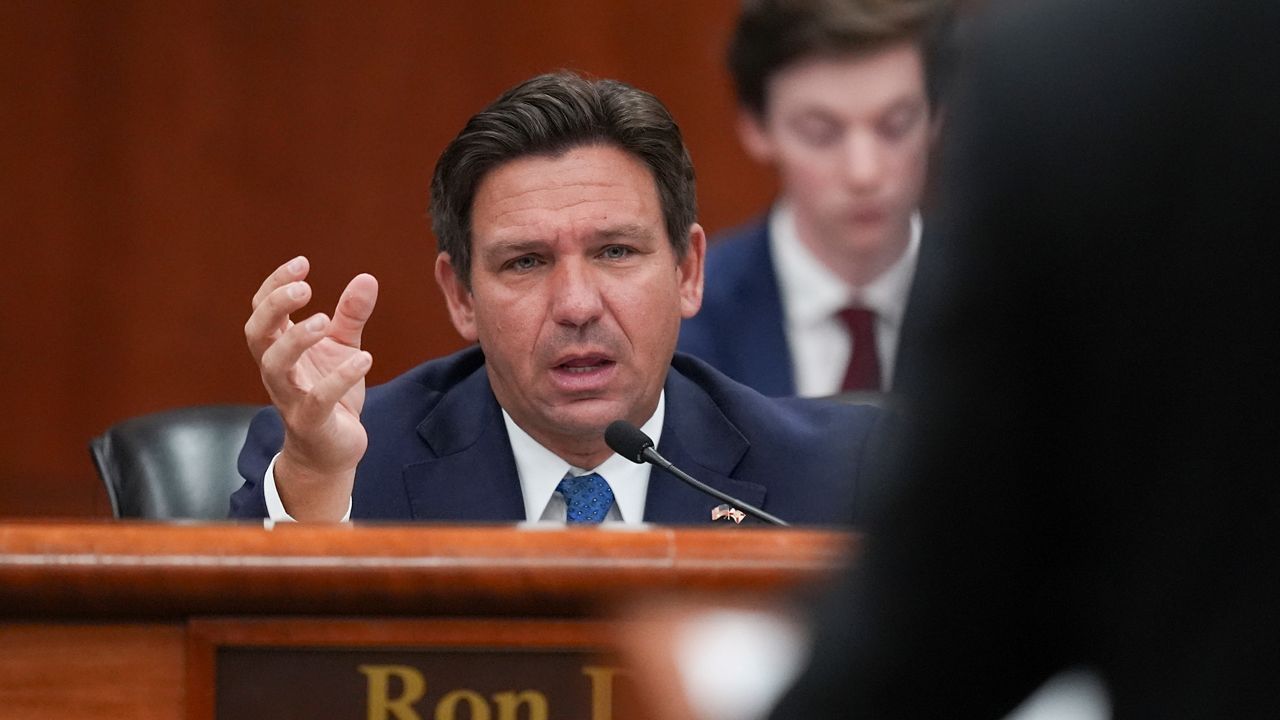
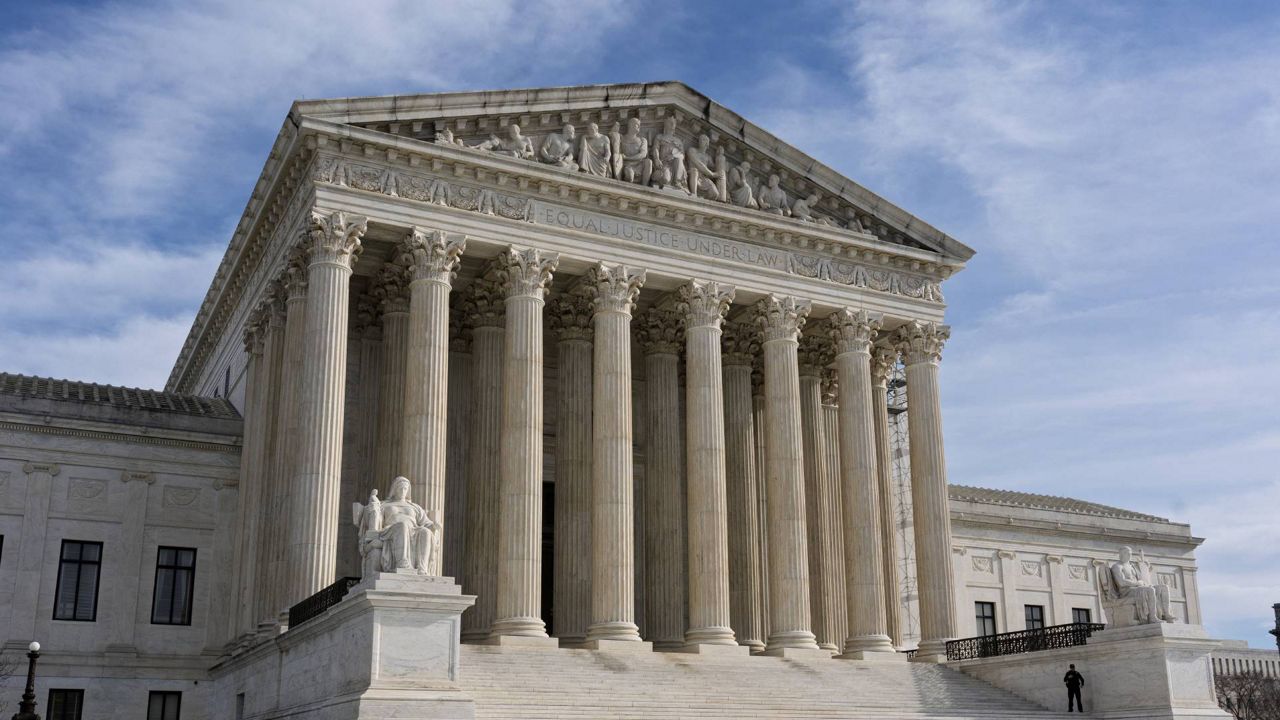
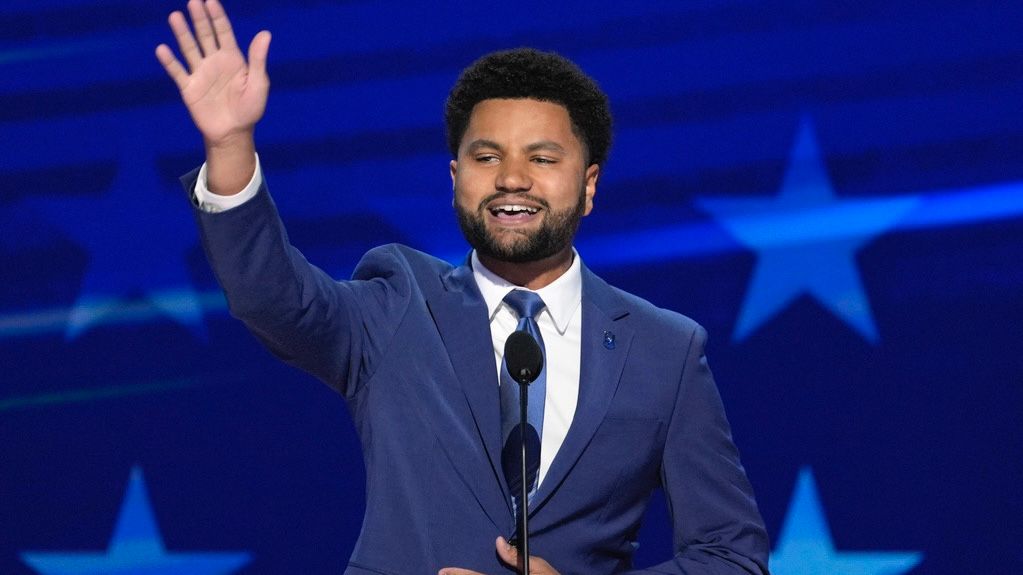
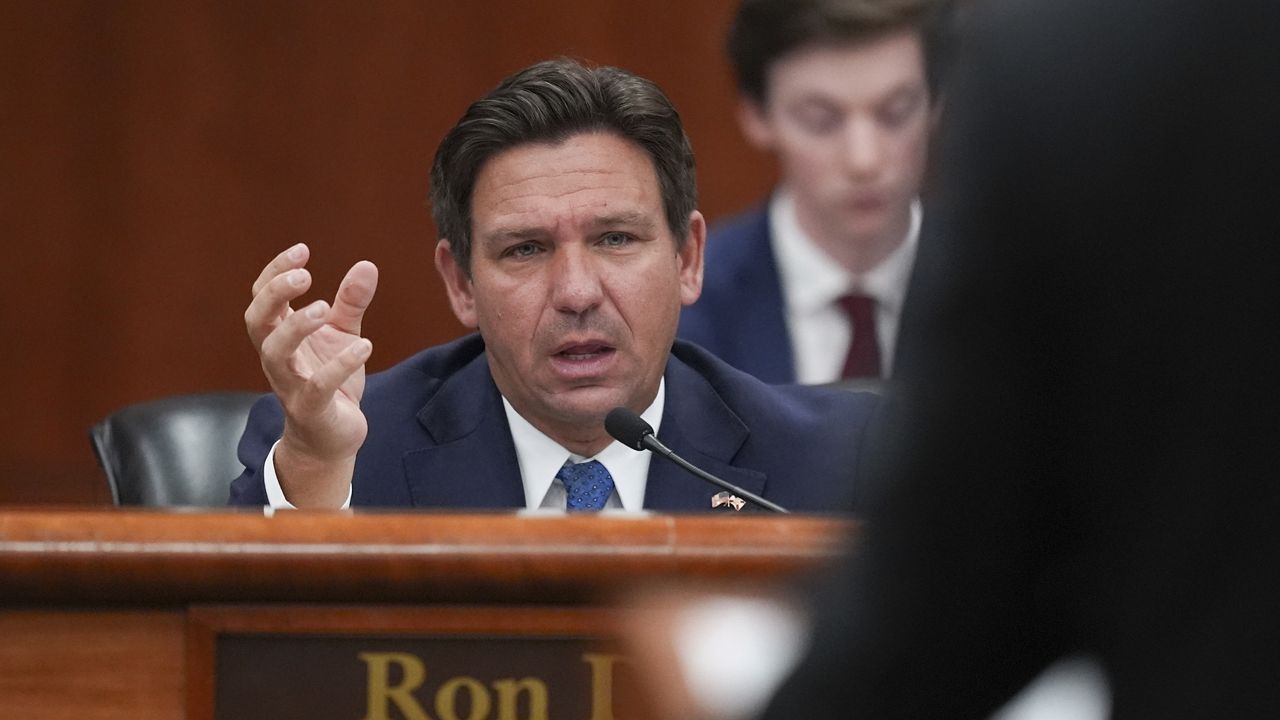
_es_LA_Cell_Phone_Ban_in_Schools_CLEAN_133535650_1050)
